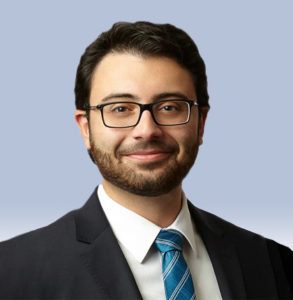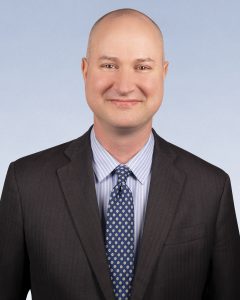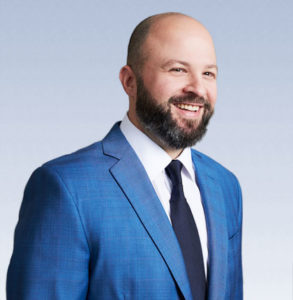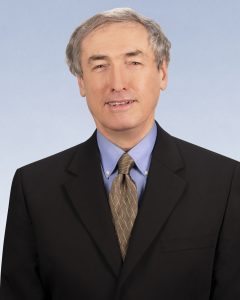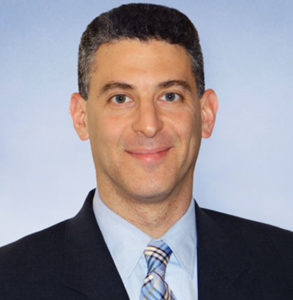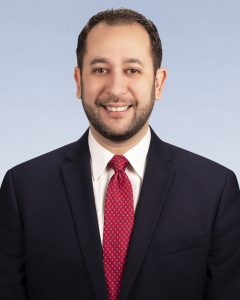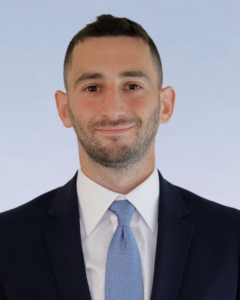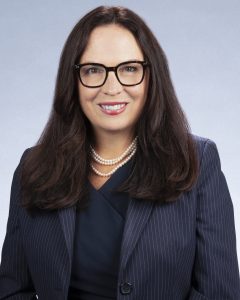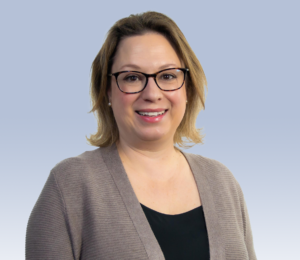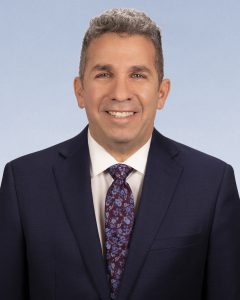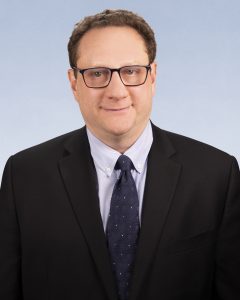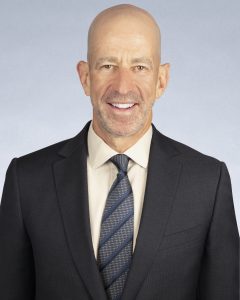Large Firm Service. Small Firm Attention.
SHARE
Alzheimer’s Affects Caregivers as well as Patients
Published June 27, 2012
An Alzheimer’s diagnosis is a life-changing event for the patient, and also for the person who will become the patient’s primary caregiver. Most people who have the disease, and who provide care, are women. The Working Mother Research Institute, in partnership with the Alzheimer’s Association, has conducted a survey of about 2,500 women, including 1,200 who have served as caregivers to people with Alzheimer’s, to determine how much they know about the disease, and learn more about the effect it has had on their lives.
Alzheimer’s disease, the most common form of dementia, is most commonly diagnosed in people over the age of 65. More than 5 million Americans are living with the disease, and one in eight older Americans is diagnosed, according to the Alzheimer’s Association.
The Working Mother Research Institute reported that more than 10 million women are either living with Alzheimer’s or caring for someone who has been diagnosed. The survey found that Alzheimer’s takes a heavy toll on women who work as unpaid caregivers to people suffering from the disease. When a patient is diagnosed with Alzheimer’s, the primary caregiver is usually a spouse or family member. The disease takes a toll on the caregiver’s physical and mental health, and on her career.
One of the most significant contributions that women make is simply time. The Institute estimated that 6.7 million women devote more than 10 billion hours in unpaid labor per year caring for Alzheimer’s patients. While this is in service to a loved one, it still has a profound effect on caregiver’s lives.
For more information, read the full report or visit the Alzheimer’s Association website
For more information about our elder law services, visit www.elderlawnewyork.com. To learn more about our legal services visit www.littmankrooks.com
Categories
Recent Posts
Explore In-Depth

Corporate & Securities

Elder Law & Estate Planning

Special Needs Planning

Special Education Advocacy


